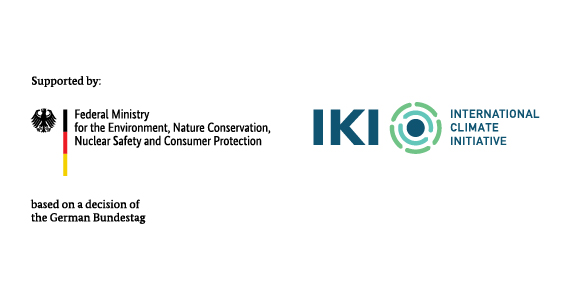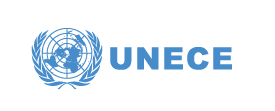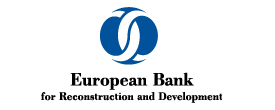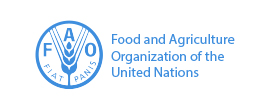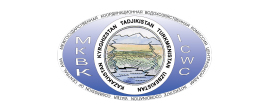Context
The countries of Central Asia can be characterised by their relation to water resources, agriculture, and energy resources. Mountainous Kyrgyzstan and Tajikistan are among the world’s most water-abundant countries, while Kazakhstan, Uzbekistan, and Turkmenistan largely depend on water coming from outside their borders, notably to supply the agricultural sector with water for irrigation. At the same time, the latter countries have access to domestic fossil fuel reserves, while the former rely mostly on hydropower. However, pressure on the region’s water, energy, and land resources is likely to increase further in the coming decades as populations grow, urbanisation advances and economic structures change.
Pursuing Water-Energy-Land use Linkages: Nexus solutions for a climate resilient Central Asia will promote sustainable development in countries of the region by embedding synergetic, nexus-focused strategic policy and investment planning that enhances economic opportunities while minimising negative environmental and social impacts. The ‘nexus approach’ moves beyond traditional sectoral thinking to achieve the overall security and sustainability of all natural resources in the face of a changing climate. The ‘nexus approach’ stems from the realisation that water, energy, agriculture, and natural ecosystems exhibit strong interlinkages.
Objectives
The Water-Energy-Land-use Linkages project is implemented by a consortium led by the OECD in cooperation with EBRD, FAO, SIC ICWC and UNECE. The project aims to provide the participating Central Asian countries with ways to apply energy, water, land-use nexus approaches to modify the planning processes and adopt a whole-of-government concept to address socio-economic and environmental challenges.
The nexus approach aims to:
- Enhance institutional and individual capacity that leads to integration of nexus considerations into policy development and project planning in Central Asia
- Scale up finance for projects and businesses that generate nexus benefits and contribute to deeper regional and cross-sectoral co-operation toward climate, energy, water, and food security
- Foster political dialogue at the regional level to build confidence in the benefits of co-operation on the nexus and demonstrate the opportunities for high-impact, cross-sectoral investments in support of energy, water, and land use security in the region.
Funding and Governance
This project is financially supported by Germany’s International Climate Initiative (IKI) and builds on and contributes to the OECD's existing regional support to Central Asia through the GREEN Action Task Force.
Consortium partners
As the project co-ordinator, the Organisation for Economic Co-Operation and Development (OECD) leads the project consortium and co-ordinates substantive work, political liaison, overall operational management, and reporting. The OECD also undertakes, together with other consortium partners, various analytical work and the organisation of multi-stakeholder policy dialogues and thematic conferences on the application of the nexus approach.
The United Nations Economic Commission for Europe (UNECE) co-leads national and regional policy dialogues including through the UN Special Programme for the Economies of Central Asia (SPECA) platform that has been co-hosted with UNESCAP to strengthen the nexus work in the Central Asian region. UNECE also provides substantive input on the nexus approach and transboundary cooperation, including water and energy expertise and the development of regional strategies and national work packages.
Under this project, the European Bank for Reconstruction and Development (EBRD) will lead a regional financing mechanism for nexus-focused investment (“nexus financing mechanism”). In collaboration with the FAO, the mechanism provides financial solutions to support pilot investments in agribusiness companies that generate benefits for the water, energy, and land-use nexus.
In collaboration with the EBRD, the Food and Agriculture Organization of the United Nations (FAO) reviews enabling environment based on the “Investing in Sustainable Energy Technologies in the Agrifood Sector” approach. The review also includes a cost-benefit analysis of energy technologies to support nexus interventions in the agri-food chain.
The Scientific Information Center of the Interstate Coordination Water Commission of Central Asia (SIC ICWC) is the consortium’s technical regional implementing partner. SIC ICWC engages regional and national institutions, experts, local civil society organisations and communities to better understand their specific vulnerability and development needs and reflect them in policy recommendations and tools to be developed under the project.



